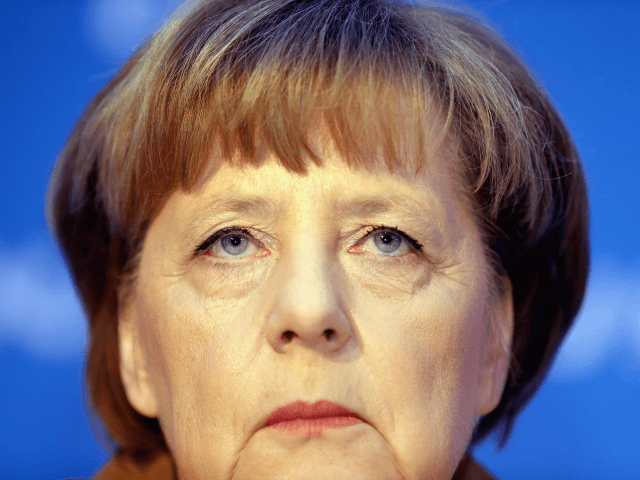German Chancellor Angela Merkel has backed UN plans to send more Middle Eastern and African migrants to the European Union, saying the bloc could “cope with” 40,000 more asylum seekers.
Echoing her “wir schaffen das” [“we can do this”] mantra from the beginning of the migrant crisis, where the German premier suspended the Dublin Convention and invited an unlimited number of migrants to northern Europe, she told UN High Commissioner for Refugees Filippo Grandi that Germany was “ready to take its share”.
And speaking on behalf of the entire bloc, Merkel told Grandi and general director of the International Organization for Migration (IOM) William Lacy Swing: “That’s a figure a European Union with 500 million inhabitants can probably cope with,” reports Focus.
The UN high commissioner disclosed the plans in Berlin on Friday which would see the expansion of a two-year scheme for resettling 22,000 Syrian asylum seekers (currently in Lebanon, Turkey, and Jordan) nearly double to 40,000 relocated annually from 2018.
The plans would also expand the countries from which asylum seekers would be accepted.
This is separate to the controversial EU forced migrant redistribution scheme which endeavoured to relocate 160,000 migrants currently in Italy and Greece to other EU nations signed up to the bloc’s common asylum policy by September 2017. As of July 2017, fewer than 25,000 have been relocated.
Opposition to the EU forced relocation scheme are likely to reject calls from the UN to accept yet more migrants from the third world.
The most vocal opponents to accepting thousands of unvetted migrants on grounds of security and cultural cohesion are the Central European Visegrád Group.
In August, the EU’s unelected executive branch gave the Czech Republic, Hungary, and Poland one month to back down and start admitting migrants or face legal consequences.
However, Central European leaders remain defiant, with Poland’s interior minister saying that accepting Syrian asylum seekers would be “much worse” than EU sanctions.
Mariusz Błaszczak remarked on the wave of terror attacks committed by migrants welcomed by Merkel in Germany, saying: “We mustn’t forget the terror attacks that have taken place in Western Europe, and how — in the bigger EU countries — these are unfortunately now a fact of life.”
Germans go to the polls to elect a chancellor in September. A recent survey indicates that Merkel’s Christian Democratic Union party is 14 per cent ahead of its rival, the Social Democrats. Another poll on German attitudes found that climate change is the greatest personal concern of 71 per cent of Germans – ahead of mass migration and terrorism.

COMMENTS
Please let us know if you're having issues with commenting.